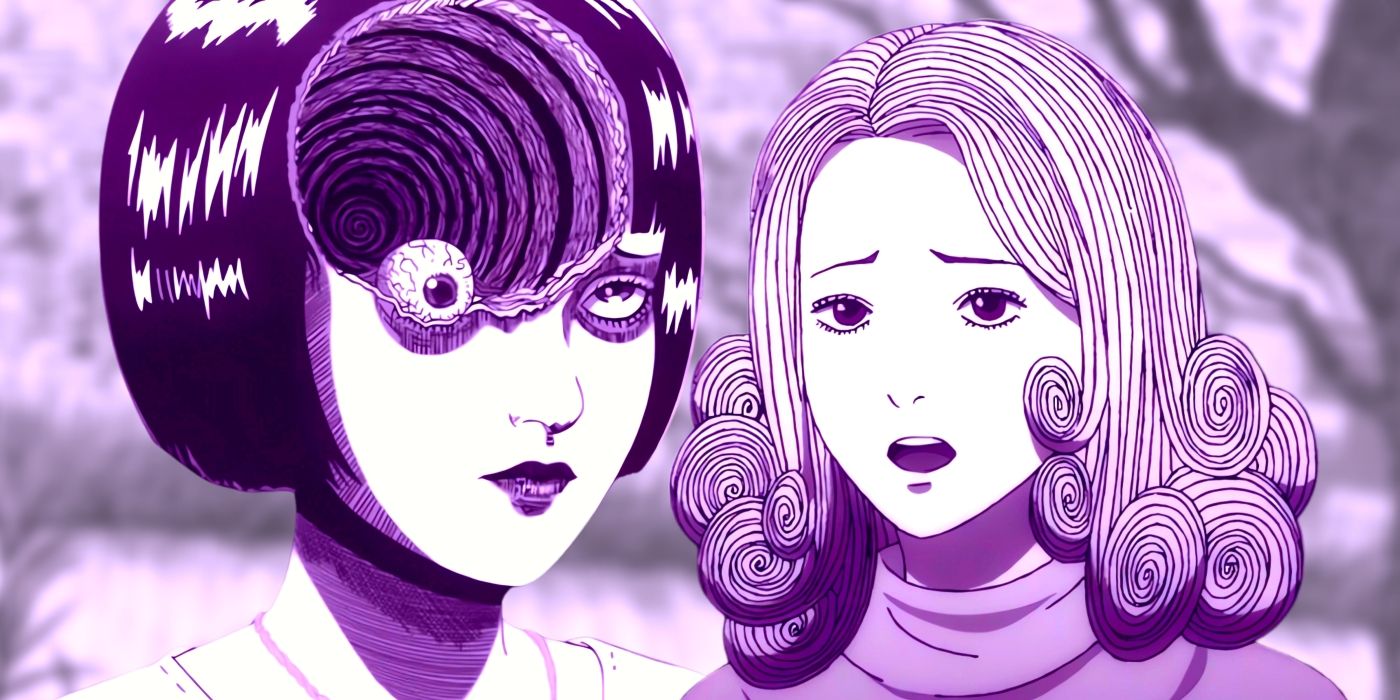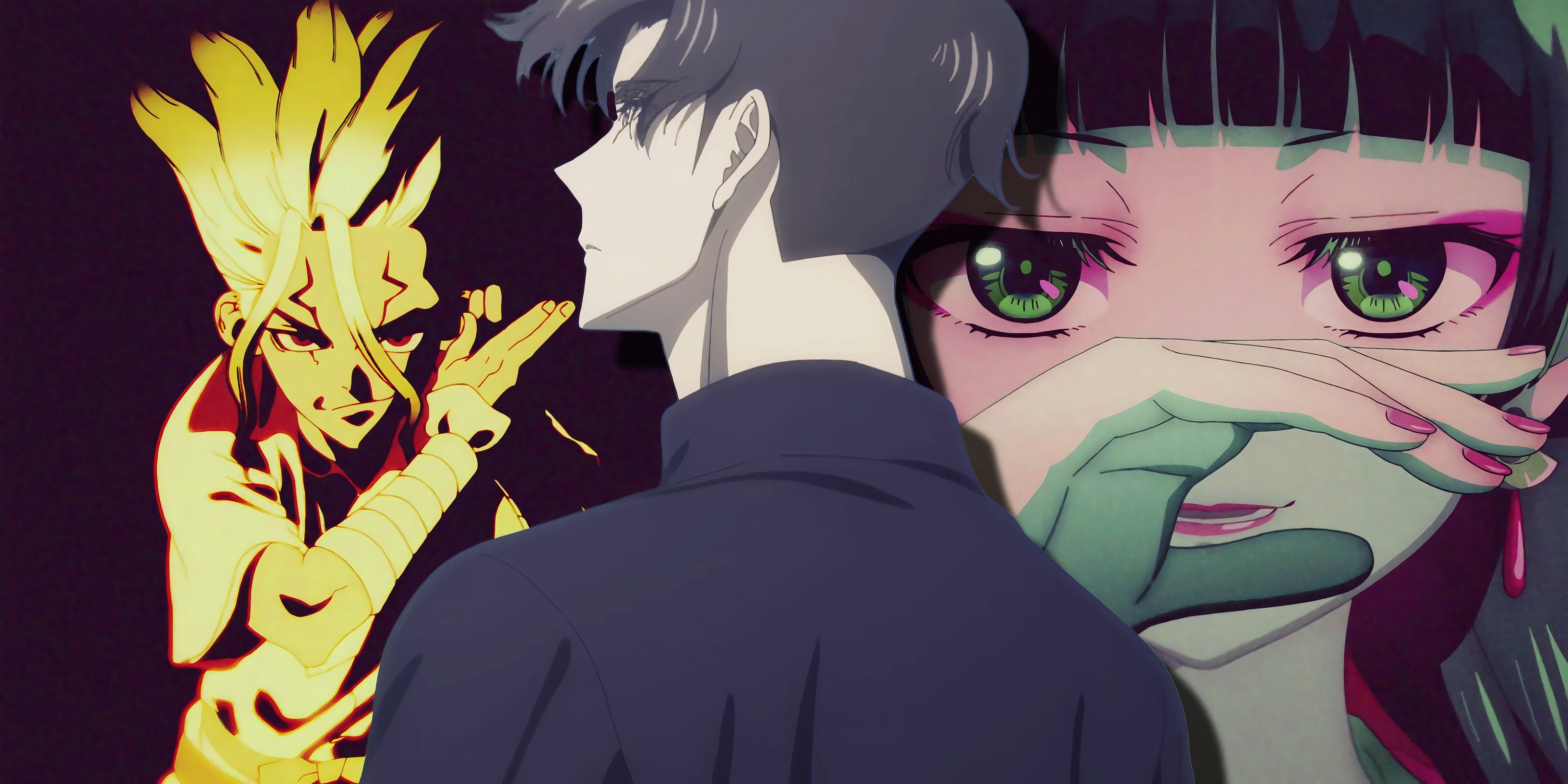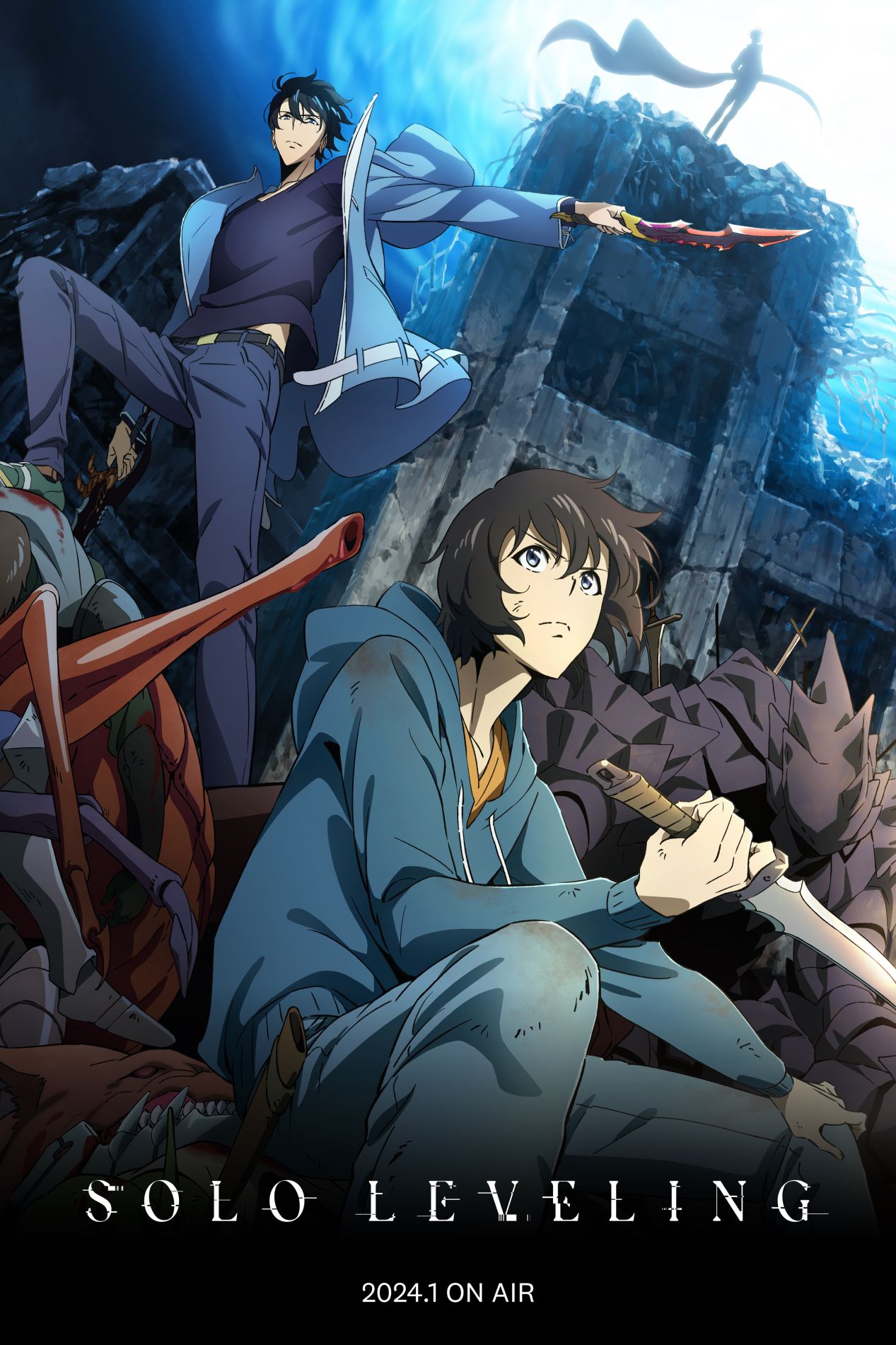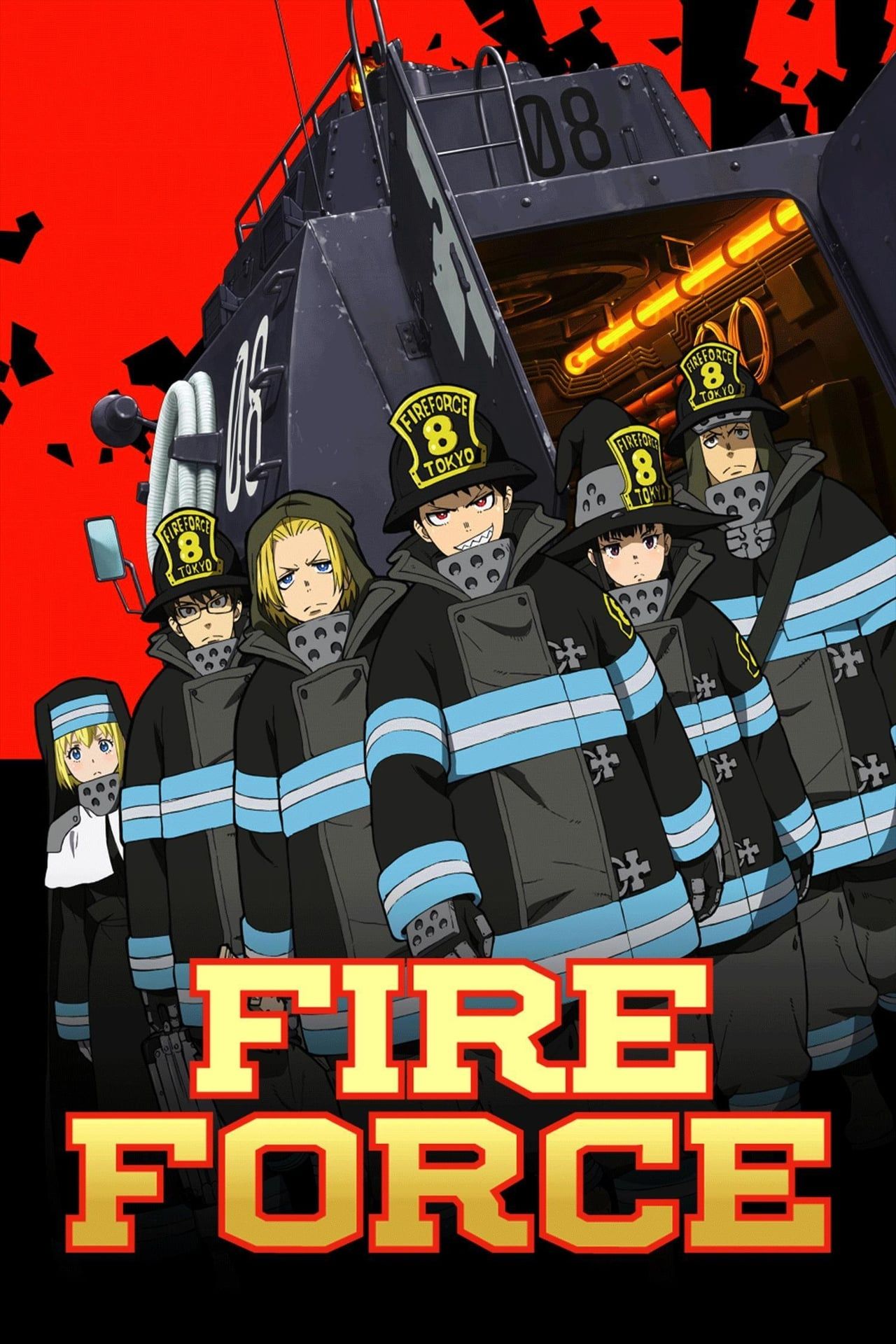In a world where social media trends, flashy edits, and fan-driven hype often dictate the popularity of anime, it is easy for certain series to get swept up in a whirlwind of praise, regardless of their actual quality. While the new generation of anime has undeniably brought forward some groundbreaking storytelling and technical prowess, not every shiny new title deserves the pedestal it has been placed on. Sometimes, style masks a lack of substance, and audiences find themselves praising a show more for its marketing campaign than its merit.
It is important to take a step back and critically assess which anime genuinely pushes the medium forward and which ones simply ride the wave of overhype. These anime series have gotten intense buzz online, in fan circles, or through aggressive promotion, but when all of that noise is stripped away, viewers are left with shows that fall short in meaningful ways. From inconsistent storytelling and underdeveloped characters to squandered premises, tone-deaf messages, and overuse of inappropriate fanservice, these series may look good on the surface but collapse under scrutiny.
10
Uzumaki
Anime Series by Drive; Based on the Manga by Junji Ito
Anticipation for Uzumaki reached a fever pitch due to its association with legendary horror mangaka Junji Ito. With haunting black-and-white visuals teased in promotional materials and a delay that only seemed to build suspense, fans were certain they were about to witness the horror anime of the decade. But the final product, despite its eerie aesthetic fidelity, falls flat in execution. The atmosphere is all there, yet it was delivered with such slow, fragmented pacing that the tension fizzles rather than builds.

Related
Uzumaki Failed to Break Anime’s Worst Curse, But It Showed Us How It Could Be Done
The Uzumaki anime adaptation suffered from bad animation and rushed pacing, yet it revealed Junji Ito’s works can be animated successfully.
The real tragedy of Uzumaki lies in its attempt to adapt a medium that thrives on lingering dread into a format that feels like it is checking boxes rather than cultivating fear. What should have been a cerebral, skin-crawling experience ends up feeling emotionally distant and sterile because of its bad animation. The story is beautiful in stills, sure, but animation is about movement and rhythm, and Uzumaki seemed to forget that. Fans of Ito’s manga are better off rereading the original than subjecting themselves to this underwhelming adaptation.
9
Charlotte
Anime Series by P.A. Works; Original Story by Jun Maeda
Charlotte arrived with high expectations due to its ties with the creative team behind Angel Beats! and Clannad. The first few episodes introduce an intriguing concept of adolescents with incomplete or flawed superpowers and the tone feels playful with potential. But soon enough, the cracks begin to show. Instead of developing the premise organically, the story takes wild tonal shifts, derailing from slice-of-life comedy to rushed sci-fi drama without earning the emotional weight it tries to command.
Worse yet, the show clumsily tries to tackle trauma, grief, and sacrifice, but it lacks the emotional maturity or runtime to give those themes proper depth. The result is a disjointed narrative where the final arc feels like it belongs to an entirely different series. Charlotte promised to be something fresh and exciting but delivered a narrative identity crisis. For a show with such a fascinating setup, it is disheartening how quickly it dissolves into melodramatic chaos.
8
Darling in the Franxx
Anime Series by CloverWorks, Trigger, and A-1 Pictures; Original Story by Kentarou Yabuki
Darling in the Franxx had all the makings of a modern mecha masterpiece. With the powerhouse collaboration between Trigger and A-1 Pictures, plus character designs that became instantly iconic, it seemed destined for greatness. But what began as a promising sci-fi drama quickly devolved into a confused, thematically muddled mess. The symbolism-heavy storytelling, especially the overt and often uncomfortable sexual metaphors, lacked the nuance to justify their inclusion, leaving viewers more uncomfortable than intrigued.
In the end, Darling in the Franxx is not remembered for its impact but for its squandered potential and polarizing ending.
And then came the infamous latter half, where the story spiraled into a bizarre cosmic soap opera that discarded all the careful character development established earlier. Plot threads are hastily tied up, or worse, left dangling, and the central themes of identity, love, and rebellion get lost in a haze of half-baked lore. In the end, Darling in the Franxx is not remembered for its impact but for its squandered potential and polarizing ending.
7
Tokyo Revengers
Anime Series by Liden Films; Based on the Manga by Ken Wakui
Tokyo Revengers exploded in popularity thanks to its unique premise of a time-traveling delinquent trying to save his ex-girlfriend and reform a gang from within. It starts off gripping, with emotional stakes and a refreshing angle on the delinquent genre. However, as the series progresses, it becomes increasingly repetitive and frustrating. Time jumps lose impact when the changes they bring feel negligible or just as bad as before.
Moreover, the show’s villains, meant to be intimidating or sympathetic, often come off as caricatures. The series is stuck in a loop of predictable betrayals, teary-eyed speeches, and inconsistent power scaling. What could have been a gritty, grounded time-travel epic has become an exercise in plot convenience and forced drama. Despite its massive fanbase, Tokyo Revengers is less a compelling saga and more of an emotional roller coaster with broken tracks. Fans are better off watching series like Wind Breaker instead.
6
Classroom of the Elite
Anime Series by Lerche; Based on the Light Novel by Shōgo Kinugasa
This series banks hard on the “edgy intellectual” archetype, delivering monologues about human nature, manipulation, and meritocracy with all the subtlety of a sledgehammer. Classroom of the Elite wants to be a psychological thriller set in a dystopian high school system, but instead it delivers surface-level social commentary propped up by unrealistic characters and overly dramatic scenarios. The protagonist, Ayanokoji, is portrayed as a detached genius with an almost comical lack of human emotion, who is more trope than character.
Rather than exploring its themes in meaningful depth, the series often leans on fanservice, convoluted schemes, and underwhelming reveals. Character dynamics feel hollow, and instead of evolving, they often devolve into predictable archetypes. The result is a show that tries very hard to be profound but ends up sounding like a philosophy student who skimmed their textbook. Classroom of the Elite might look smart on paper, but in practice, it has very little substance.
5
The Rising of the Shield Hero
Anime Series by Kinema Citrus; Based on the Light Novel by Aneko Yusagi
Praised early on for its darker take on the isekai genre, The Rising of the Shield Hero sets itself apart with a protagonist who is falsely accused and forced to rise above societal rejection. However, as the series progresses, its controversial framing of victimhood, revenge, and morality becomes increasingly problematic. Naofumi’s journey from outcast to hero is steeped in self-righteousness, and the series seems to excuse or romanticize his questionable behavior as justified grit.
It is also disappointingly reliant on genre tropes it claims to subvert, like slave companions, overpowered leveling systems, and political intrigue that’s resolved through brute force. While it started as a potentially fresh take, Shield Hero devolves into a power fantasy that does not critically engage with its own themes. For all its ambition, the show ultimately embraces the same clichés it pretends to critique, all while cloaking them in a veneer of victim-complex heroism.
4
Arifureta: From Commonplace to World’s Strongest
Anime Series by Asread and White Fox; Based on the Light Novel by Ryo Shirakome
There is edgy, and then there is Arifureta, a series that attempts to push the isekai genre to darker extremes but instead comes across as juvenile and incoherent. The protagonist’s transformation from mild-mannered student to trenchcoat-wearing, gun-toting antihero is laughably abrupt and completely unearned. Rather than exploring trauma or character growth, the show opts for spectacle over sense, skipping over key emotional beats in favor of shallow power-ups, odd fanservice, and bloodshed.
Visually, the animation quality in the first season was widely panned, with jarring CGI monsters and inconsistent character designs. Even when improved slightly in later seasons, the story remains marred by weak pacing and paper-thin relationships. Arifureta wants to be gritty and mature but ends up as a caricature of “edgy isekai.” For a show with so much marketing behind it, the content beneath the surface is woefully undercooked.
3
Solo Leveling
Anime Series by A-1 Pictures; Based on the Web Novel by Chugong
Adapted from a massively popular webtoon, Solo Leveling was hyped as the next big thing in action fantasy anime, and visually, it delivers. The animation is slick, the fights are well choreographed, and the character designs are sharp. But beneath the glossy exterior lies a shallow story with a protagonist who becomes so overpowered that the stakes dissolve into irrelevance. Watching Sung Jinwoo climb the power ladder is thrilling at first, but it quickly becomes repetitive and devoid of real tension.
Solo Leveling is a visual feast, but it is junk food storytelling that is fun in the moment, but ultimately forgettable and lacking in any deep plot.
Character development outside of Jinwoo is nearly nonexistent. Supporting characters serve as little more than exposition tools or awe-struck spectators. The narrative tries to inject mystery and world-building, but most twists are telegraphed or irrelevant because Jin-Woo can steamroll through any threat. Solo Leveling is a visual feast, but it is junk food storytelling that is fun in the moment, but ultimately forgettable and lacking in any deep plot. While the series is not bad, it does not deserve the amount of hype it has gotten.
2
Fire Force
Anime Series by David Production; Based on the Manga by Atsushi Ōkubo
From the creator of Soul Eater, Fire Force promised a unique setting, intriguing power systems, and philosophical undertones about life and death. And while the premise of a team of pyrokinetic firefighters battling demonic combustion victims is undeniably cool, the execution suffers from tonal whiplash and gratuitous fanservice. One moment fans are contemplating the afterlife, the next they are watching a character trip and grope someone mid-fight in a disgusting manner.
Despite its strong animation and sound design, Fire Force struggles to maintain narrative cohesion. The story arcs meander, character motivations shift on a whim, and emotional beats often feel unearned. Worst of all, it sidelines some of its most promising characters for the sake of gags and tropey filler. The show has style in spades, but its inability to balance seriousness with levity makes it feel hollow. It is a fire that burns bright but ultimately lacks warmth.
1
The Eminence in Shadow
Anime Series by Nexus; Based on the Light Novel by Daisuke Aizawa
A satire of power fantasy tropes that slowly becomes the very thing it is parodying, The Eminence in Shadow is a meta-joke that overstays its welcome. The protagonist, Cid, is obsessed with playing the role of a secret mastermind, oblivious to the fact that his delusions are somehow real. While the early episodes play with the absurdity of this conceit, the series quickly falls into a loop of repeated gags, shallow world-building, and inexplicably loyal female followers who serve as eye candy more than characters with the absurd and concerning amount of fanservice there is.

Related
Solo Leveling Is Great, But These 8 New-Gen Anime Are Just as Good
While Solo Leveling may be an amazing and record-breaking anime, these 8 other new-gen anime deserve the same amount of hype that it got.
Rather than developing a narrative arc with growth or consequences, The Eminence in Shadow revels in its own smug detachment. Its refusal to take anything seriously eventually becomes a crutch, shielding it from critique but also from meaning. What could have been a clever deconstruction turns into self-indulgent fluff, buoyed more by memes than storytelling. In trying to be both parody and power fantasy, The Emanence in Shadow ends up being a muddled, forgettable in-between.









